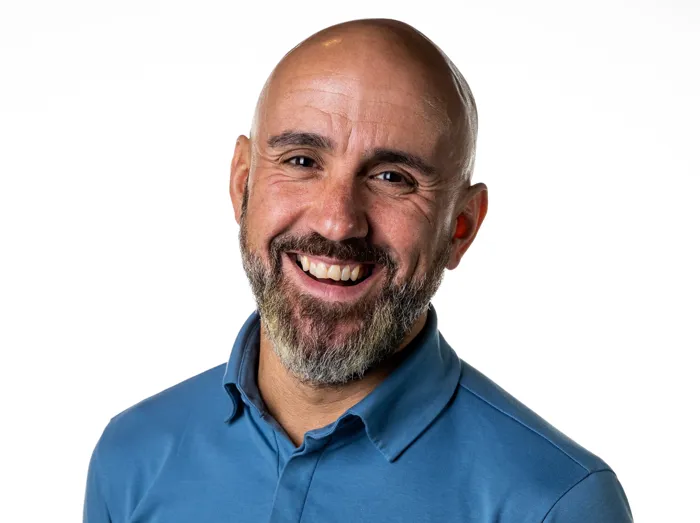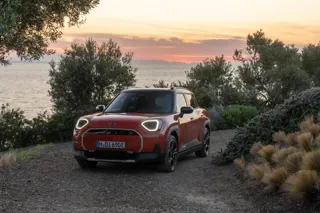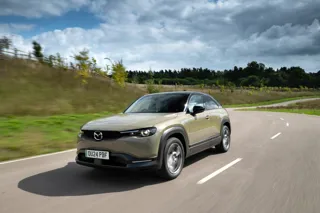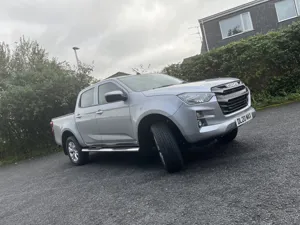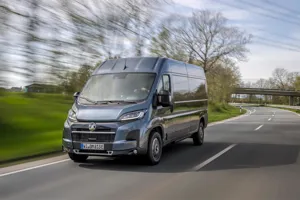Martin Gray named new national fleet manager at Seat and Cupra UK
Gray takes top fleet role after being contract hire and leasing manager at Seat for the past seven years.
Seat
25 Apr
Features and analysis

BMW expands model choice and remains fleet industry's favourite brand
As BMW continues to expand and evolve its model line-up, the brand remains committed to giving its customers choice.
Electric Fleet
Events
Car, van and truck reviews

Alfa Romeo Tonale long-term test | Will service fix electrical bugs?
Our long-term Alfa Romeo Tonale recently had a service and I’m hoping it’ll have ironed out a few of the initial problems we’ve had.
24 Apr



